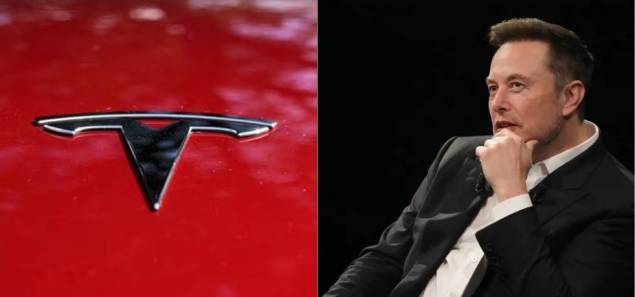On Tuesday, a judge in Delaware said that Elon Musk’s $56 billion pay plan is unfair. This means that the biggest pay deal in the history of business is no longer valid.
Judge Kathaleen McCormick made the decision Tuesday in the Delaware Court of Chancery. It means that Musk, who is the richest person in the world, can’t keep the 2018 pay deal. The decision can be fought. Chancery Daily, a website that keeps up with the Delaware Chancery Court, was the first to report the ruling on Threads.
The decision doesn’t give Musk or the Tesla board a clean break. There are still questions about how Musk is paid and what happens to his money, which is mostly stuck in his many businesses.
McCormick wrote in her decision that Tesla “had the duty to show that the compensation plan was fair, and they failed to do so.”
Musk voiced his displeasure with the decision on X, the social media site that used to be called Twitter and that Musk owns in part because of a previous choice by McCormick. When Twitter sued Musk, the judge handled the case and Musk agreed to close the $44 billion deal. Musk mostly paid for the purchase of Twitter by selling his Tesla stock.
Musk wrote on X, “Never set up your business in the state of Delaware.” Later, Musk put up a poll asking if Tesla should change its place of incorporation to Texas.
In 2019, Tesla shareholder Richard Tornetta filed a lawsuit to overturn Musk’s 2018 pay package. He said at the time that Musk was unfairly paid for not having to focus on the company full-time. This question of “fairness” was at the heart of the case.
Shareholders passed a pay plan in 2018 that included 20.3 million stock option awards, split into 12 groups of 1.69 million shares each. The agreement said that the options would become fully paid for in 12 installments if Tesla met certain market cap, sales, and adjusted earnings goals (excluding one-time costs like stock compensation).
Many people might say it was fair because almost all of the owners agreed, but McCormick wasn’t moved. She wrote this because “the defendants were unable to prove that the stockholder vote was fully informed because the proxy statement falsely described key directors as independent and left out details about the process that would have been helpful.”
Musk’s close ties to the people, including board members, who were supposed to be dealing for Tesla made the process that led to the approval of his pay plan “deeply flawed,” according to McCormick. She also said that the evidence showed that this wasn’t really a discussion but more of a joint effort.
McCormick also thought about how fair the “price” was. They asked the court to look at what Tesla “gave” and what Tesla “got.” It wasn’t enough for her to judge. This is what she writes:
“Musk didn’t have to spend a certain amount of time on Tesla as a condition of his pay because the board never suggested that as a condition.” As Musk talked about “all upside,” or maybe the board was mesmerized by his star power, they never asked the $55.8 billion question: “Was the plan even necessary for Tesla to keep Musk and reach its goals?”
Read More: The State Government of Mexico Says Tesla Has Been Given Permission to Use Land for a Gigafactory
Tesla had shown that Musk was “uniquely motivated by ambitious goals” and that Tesla needed Musk to succeed in the next stage of its growth, which she agreed with. She did say, though, that “these facts do not justify the largest compensation plan in the history of public markets.”
What do you say about this story? Visit Parhlo World For more.


